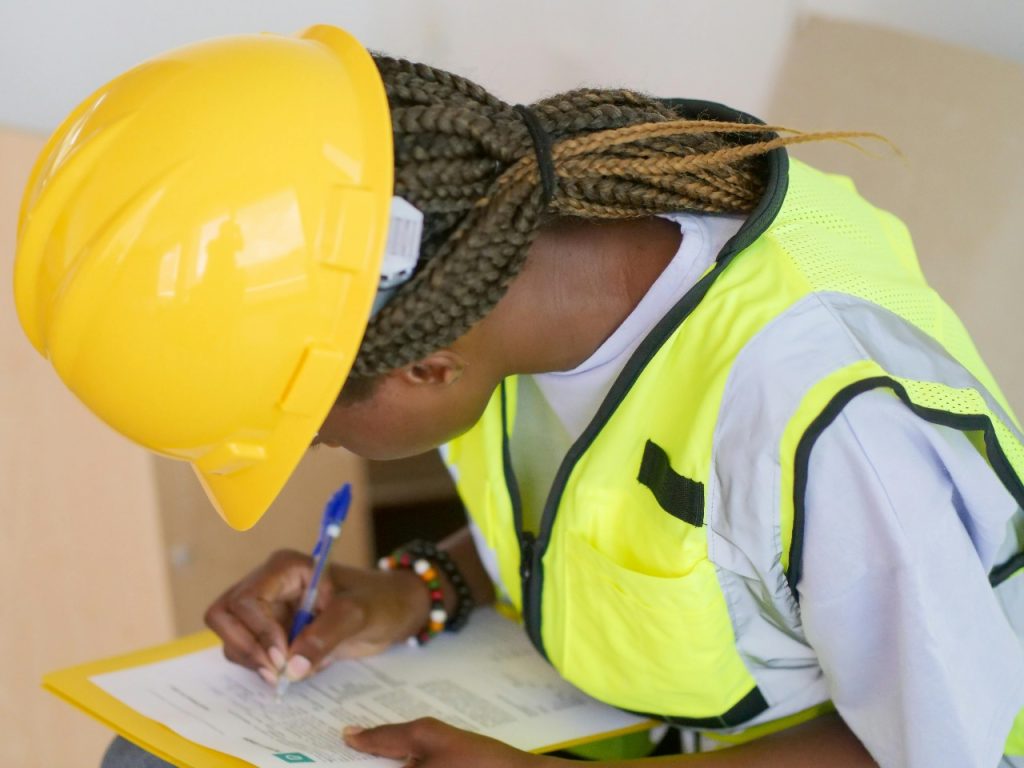Top Materials Used in Austin Construction Projects Today

Austin’s construction industry is booming, fueled by rapid population growth and a strong economy. Behind every successful building project lies a carefully selected palette of construction materials that balance durability, cost-efficiency, sustainability, and aesthetics. In 2025, austin construction projects are embracing a blend of traditional and innovative materials to meet evolving demands, regulatory standards, and environmental goals.
This article highlights the top materials currently shaping Austin construction projects and explains why these choices matter for builders, developers, and stakeholders.
Sustainable and Eco-Friendly Materials Leading the Way
Engineered Wood Products
Engineered wood, such as laminated veneer lumber (LVL) and cross-laminated timber (CLT), is gaining popularity in Austin construction for its strength, sustainability, and versatility. These products use smaller, fast-growing trees and manufacturing techniques that reduce waste while offering excellent structural performance.
Recycled and Locally Sourced Materials
To minimize environmental impact, many builders incorporate recycled steel, reclaimed wood, and repurposed concrete. Sourcing materials locally reduces transportation emissions and supports the regional economy, aligning with Austin’s green building goals.
Durable Materials for Longevity and Resilience
Concrete and Insulated Concrete Forms (ICFs)
Concrete remains a staple for foundations, walls, and infrastructure due to its durability and fire resistance. In Austin construction, insulated concrete forms (ICFs) are increasingly used to enhance energy efficiency and sound insulation, important for residential and commercial buildings alike.
High-Performance Roofing Materials
With Austin’s hot climate, roofing materials that provide thermal insulation and durability are essential. Popular choices include metal roofing, cool roofs with reflective coatings, and advanced synthetic membranes designed to withstand UV exposure and heavy rain.
Energy-Efficient and Smart Building Materials
High-Performance Glass and Windows
Energy-efficient glazing with low-emissivity (Low-E) coatings helps regulate indoor temperatures by reducing heat gain and loss. Austin construction projects prioritize these windows to improve occupant comfort and reduce HVAC loads.
Advanced Insulation Materials
Spray foam insulation and rigid foam panels offer superior thermal performance and air sealing compared to traditional fiberglass. These materials are critical in Austin’s construction for meeting energy codes and enhancing sustainability.
Finishing Materials with Aesthetic and Functional Appeal
Sustainable Flooring Options
Bamboo, cork, and recycled-content tiles are popular flooring choices that provide eco-friendliness alongside durability. These materials complement Austin’s emphasis on green building while offering modern design appeal.
Low-VOC Paints and Finishes
To promote healthier indoor air quality, Austin construction projects increasingly use low-volatile organic compound (VOC) paints and finishes. These materials reduce harmful emissions and contribute to WELL Building Standards compliance.
Conclusion: Material Choices Driving Austin Construction Forward
Material selection plays a pivotal role in the success of Austin construction projects, impacting sustainability, cost, durability, and occupant wellbeing. By integrating engineered wood, recycled materials, advanced insulation, and energy-efficient products, Austin builders are crafting structures that meet today’s challenges and future-proof the city.
For construction professionals affiliated with Associated Builders and Contractors, staying informed about emerging materials and best practices ensures projects remain competitive and aligned with Austin’s growth goals.




